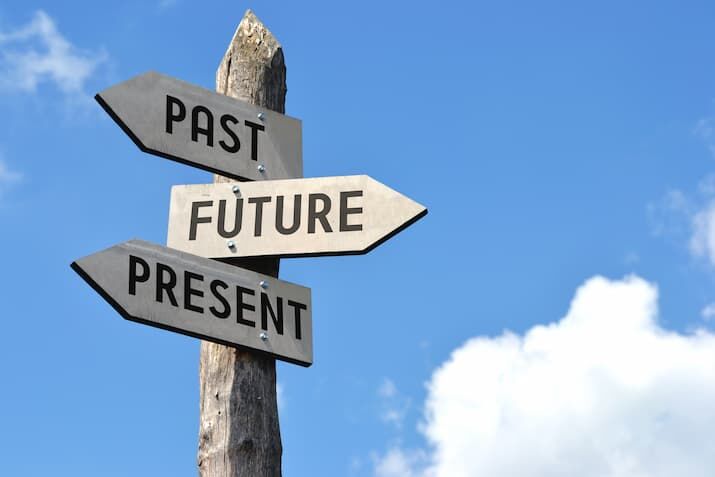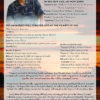
HISTORICALLY, whenever Marxists — i.e., “Scientific Socialists” — assumed power, religion was either outlawed or placed firmly under the control of the regime, which, in turn, often transformed into a religion itself, complete with its own deities, saints, “sacred” writings, rituals, and festivals.
Today, some of those who view religion or belief in God as an unfortunate vestige of humanity’s ignorance also believe in the arc of history, which like the God of our forefathers, rewards do-gooders and punishes the wicked.
History will guide us to salvation. It will lead us there somehow. For some, the journey begins with small but virtuous changes: not eating hamburgers, skipping daily hot showers, driving an electric vehicle, or better yet, using government-subsidized public transportation.
Instead of fasting, self-flagellation, wearing sackcloth, or covering themselves in ashes, many of today’s true believers have adopted modern forms of penance: eating kale, meticulously sorting their trash, shunning plastics, recycling, installing solar panels if they can afford them, and tirelessly reminding the rest of us that we are doomed to turn Mother Earth into a hellscape unless we embrace lives as inconvenient, arduous, and joyless as humanly possible.
Thanks to the arc of history, the rest of us will come around.
Except when we don’t.
Over 10 years ago, President Obama and Secretary of State John Kerry complained that Putin, the Russian dictator, was “on the wrong side of history.” Russia, for its part, depicts itself as anti-fascist, anti-colonial, and unjustly targeted by an “empire of lies” (i.e. the U.S. and its allies).
Who decides which side is on the right or wrong side of history?
In Woody Allen’s hilarious 1971 film, “Bananas,” the character he played said, “If Hitler had won the war, the Holocaust would have been explained away as just another ‘unfortunate incident’ in history, like the extermination of the American Indians.”
But then again, Allen has been “canceled” already — even though he has never been criminally charged for his alleged misdeeds.
Since ancient times, many things about human society have improved. These include science, technology, the arts, the economy and standards of living. But humanity, alas, is still the same “crooked timber,” to quote Kant, despite stupendous material progress. (As for Rousseau’s concept of the “noble savage,” it has long been debunked but remains a staple in many box-office movies.)
How, in any case, can one explain why educated young people from well-to-do families resort to horrific acts of violence in this day and age?
How can the arc of history explain the war crimes of Nazi Germany and Imperial Japan during World War II; Al-Qaeda, ISIS, and their progeny; the atrocities committed and still being committed by post-communist Russia; China’s reversion to the politics-in-command economic planning it had earlier abandoned due to its disastrous results; and intellectuals still adhering to an ideology — Marxism — whose implementation has resulted in the deaths and impoverishment of tens of millions of people?
Those who believe in an arc of history have a filtered perspective of history. They have missed history’s most glaring aspect: its utter pointlessness. History is essentially a series of random events, most of which were unforeseen and whose consequences were sometimes the opposite of what we wanted them to be. Progress doesn’t solve problems, if it solves them at all. But it creates new ones. (See the War on Poverty and the War on Drugs.)
Can anyone who studies American history honestly declare that today’s U.S. politics is an improvement over what it was, say, 50 years ago?
No one is immune from backsliding. We have seen how modern and highly cultured nations can easily descend into sheer barbarism and inhumanity at a moment’s notice. It seems that we’re always on the verge of a civilizational catastrophe, and what’s preventing it are the very things we take for granted. I’m referring to humanity’s hard-earned achievements — democracy, pluralism, the bill of rights, due process, the rule of law, a market-based economy — which could be lost before we know it.
If history teaches us anything it is this: progress is neither inevitable nor guaranteed, and it requires vigilance and a recognition of the potential for regression.
Sadly, as David Mamet would put it, the “greatest lesson of History is that we never learn from History. And that no great crime was ever committed save in the name of Progress, or its stablemates Historical Necessity and Redress of Past Wrongs.”
Send feedback to editor@mvariety.com











